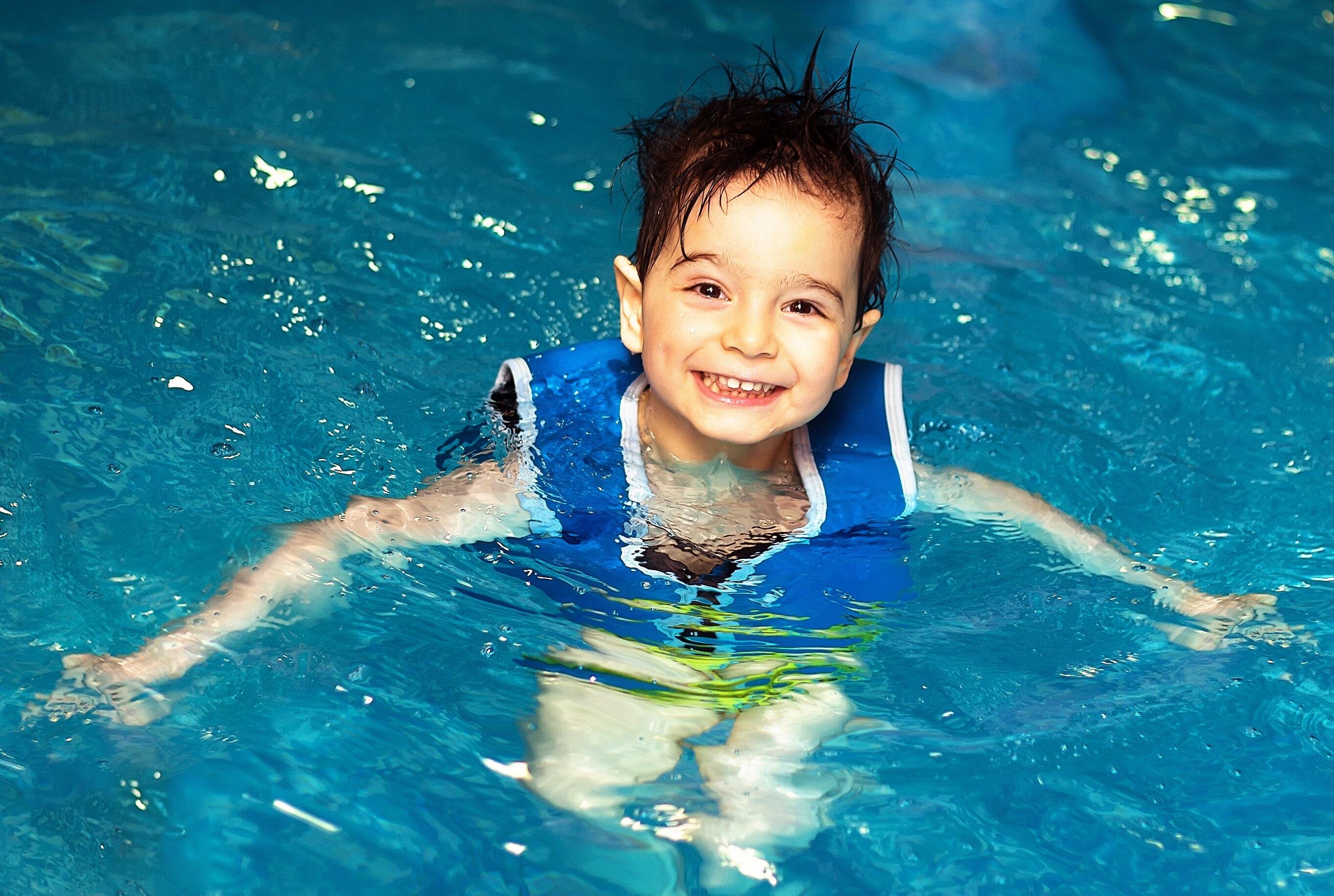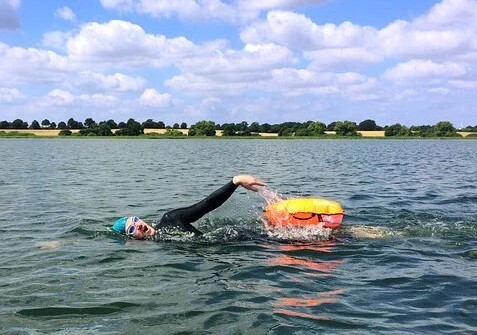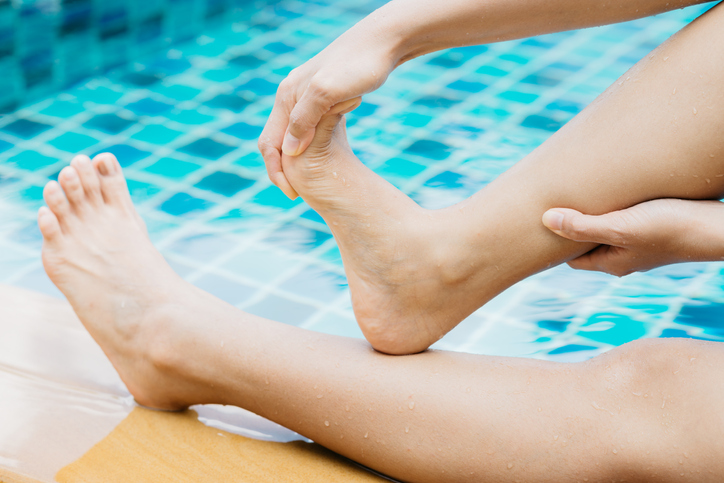
Are Swimming Lessons Safe During Covid
The COVID19 pandemic has many people wondering if swimming lessons are still safe. Yes, swimming lessons are still safe during COVID, according to CDC findings.

The COVID19 pandemic has many people wondering if swimming lessons are still safe. Yes, swimming lessons are still safe during COVID, according to CDC findings.

We can arm our home with safety alarms that alert when a child gets loose, but that’s no guarantee anyone can get to the child in time. For this reason, pools should be fenced to avoid easy access. In fact, in most places, insurance companies and home inspections require some sort of pool barrier.

Why are swimming pool alarms such an important purchase? Sadly, ten people die every day from unintentional drowning, according to the CDC. Of those daily accidents, 2 of them are children.

With Summer here and families still quarantined at home, the backyard pool - whether inflatable, in-ground or above ground - is replacing beach vacations for many of us. What many families with young children don’t realize is that drowning is thenumber one cause of injury death for children 1-4 years of age and the second leading cause of injury death for children 5-14 years of age.

Parents considering swim lessons often ask the question, “Do swim lessons actually prevent drowning?” Let me start by highlighting the following story:

What do you think of when you think of a child ‘learning to swim’? Is it being able to keep their head up without struggling? Swimming underwater? Going into the ‘deep end’? The perfect freestyle?

One of the most common misconceptions about swimming is that, it is always best practice to tread water when you might need a break from swimming. While this may be true for adults and older children, it can be extremely dangerous for young children, especially those who are not confident swimmers.

Maybe you’ve heard the term “shallow water blackout” before and you want to learn more about it or maybe this term is new to you. Either way, all swimmers should be aware of what a shallow water blackout is and how to prevent it from happening to you and your loved ones

Drownings are often silent events because an individual is underwater, unconscious, or frozen with fear. It is important to recognize the signs of an emergency in order to save a life. There are three main parts with water emergencies: Prevention, Recognizing, and Action.

A thunder and lightning show may sound exciting––unless you’re in the water, and that’s a different story. Unfortunately, water and lightning just don’t mix.

Did you know that drowning is the #1 cause of accidental death for children ages 1-4 years old and 88% of drownings occur with at least 1 adult present? Most don't have formal swimming lessons; instead, kids rely on a toddler swim vest, puddle jumpers, or other flotation devices to swim.

With summer just around the corner, countless families will flock to nearby lakes or beaches for vacation. Many of those families will have children with them, and it can be hard to determine whether it is safe for them to venture in the water.

The Sun is Out, The Weather is Warm!!! No more cold, unpredictable weather. Parents, you know what that means?… It’s SUMMER, meaning lots of upcoming water park and beach days

Swimming in nature is exhilarating. There is a kind of joyous freedom in being just one lone human seemingly out in the world alone. But with that freedom comes a self-responsibility that can be crucial for your survival.

When swimming for a prolonged period of time, muscle cramps are sometimes inevitable. They are unexpected, painful, and sometimes even a little scary!

As the weather gets warm, millions of seasonal aquatic workers know that the time has come to prep those outdoor pools and break out the sunscreen. It’s time to talk about pool safety.

Are you wondering how to keep yourself and your family safe while having fun in the water? Inside are a number of simple guidelines that will keep you out of trouble while still allowing you to enjoy your time in the water.

Over years of swim lessons and coaching, I got this question a lot. “When is my child considered water safe.” My response to that tricky question was always the same: Wondering when your child is “water safe” is the wrong way to think about it.

I’ve heard friends and other parents list litanies of excuses; “it costs too much, our schedule is too busy, my three-year-old is too young, I don’t want to fight my kid every day to go swimming,” etc. But none of those excuses hold up to the reality of how affordable, accessible, and invaluable swim lessons can be.

Drowning is a real and present danger, claming thousdans of young lives. Learn best practices to save yourself and others from tragedy.